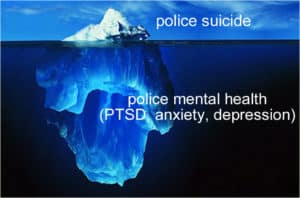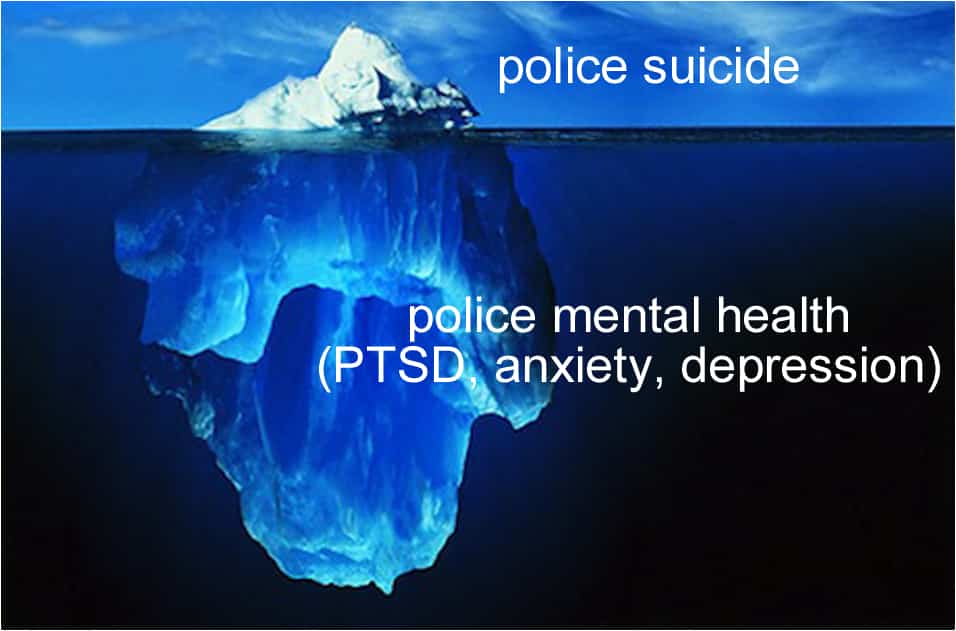The Stigma of PTSD Treatment: Police, like combat veterans, suffer through dramatic trauma that affects them in both their professional and personal lives. Witnessing death and suffering leaves permanent, crippling emotional scars that requires long-term mental health treatment. However, unlike combat veterans, therapy to treat PTSD is often seen as a stigma in the ranks of our police today – and that needs to end.

It helps to understand that policing is a complex profession, far more complex than most people know. It’s a job that requires you to be combat ready at the same time you are called upon to be a counselor, a priest, a lawyer, and a social worker. It’s a job that authorizes the use of deadly force and then mandates that you attempt to save the person you just tried to kill. The very nature of the profession almost implies the need for counseling and support.
Various studies conducted across the country suggests that over 19% of police in the United States may have PTSD, with 34% suffering symptoms associated with PTSD. Even more concerning is the rate of suicide. A Badge of Life study indicated that 2016 saw 108 cop suicides. Officer suicides are most often associated with ongoing PTSD leading to severe, untreated depression.

PTSD is not often attributable to a single event, rather exposure to trauma over time accumulates causing symptoms that results in PTSD. So the signs are not immediately recognized and when the demon of PTSD surfaces it may be left undiagnosed and untreated.
This is pretty alarming. An officer with PTSD cannot think clearly. Is probably hyper vigilant, has a short fuse, may not be sleeping well because of nightmares, might be policing in a reckless manner, constantly triggered by reminders of the event, self-medicating, or making such great efforts to avoid a similar situation that they cannot function in their jobs properly.
Stigma of PTSD Treatment: Changing Perceptions of Mental Health Treatment for Police Officers
Unfortunately, many cops fear that admitting to PTSD will make them appear weak, but that isn’t the only reason they avoid talking about it. They also fear getting fired or passed over for promotion, or being ostracized by their peers. Seeking treatment only makes the stigma worse.
But times are changing, and the prevalence of the issue has led to not only more acceptance, but legislation like Pennsylvania’s that would mandate that police undergo regular evaluations to gauge their mental health. This legislation would require all cops to undergo evaluations for PPTSD every two years. Police officers who use lethal force would be compelled to have a PTSD evaluation within 30 days, under the terms of the bill. This type of formal acceptance and monitoring goes a long way in removing the stigma of PTSD treatment and legitimizing the issue.
In the end cops are people just like us, with families who suffer behind the scenes as they try to cope with an issue that progressively becomes worse. The issue deserves to be acknowledged and treated so that our police and their families can live their lives free from the shadow of PTSD.
Learn more about the mission of American Police Officers Alliance









